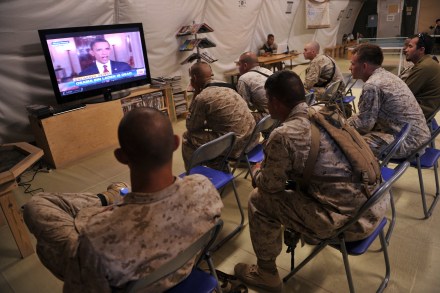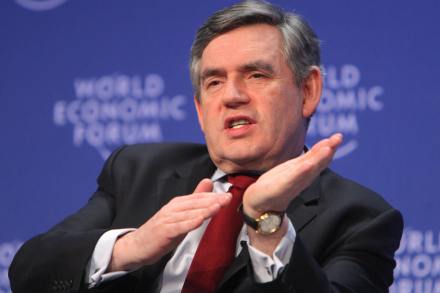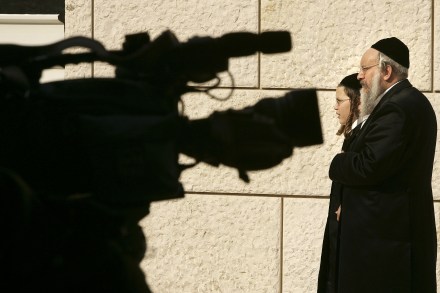A triumph for America that raises questions about Pakistan
The killing of Osama Bin Laden is one of the clearest victories in the war on terror since the fall of the Taliban government in Afghanistan in 2001. It is a major triumph for American intelligence. Bin Laden’s death does not mark the end of the war on terror. But it does close a chapter and demonstrate that the United States has the willingness and the determination to keep up a manhunt for a decade. Perhaps, the biggest question it raises is about Pakistan. Bin Laden was found not in the lawless, border regions of Pakistan but living in a mansion right in the heart of the country in Abbottabad.


















